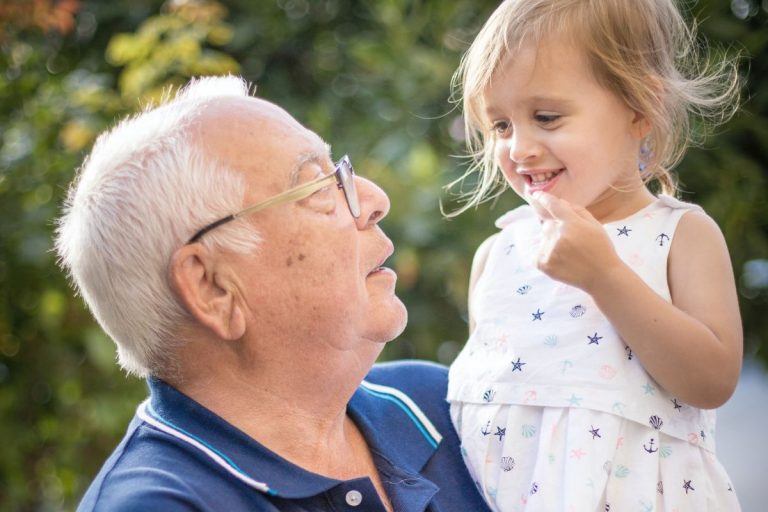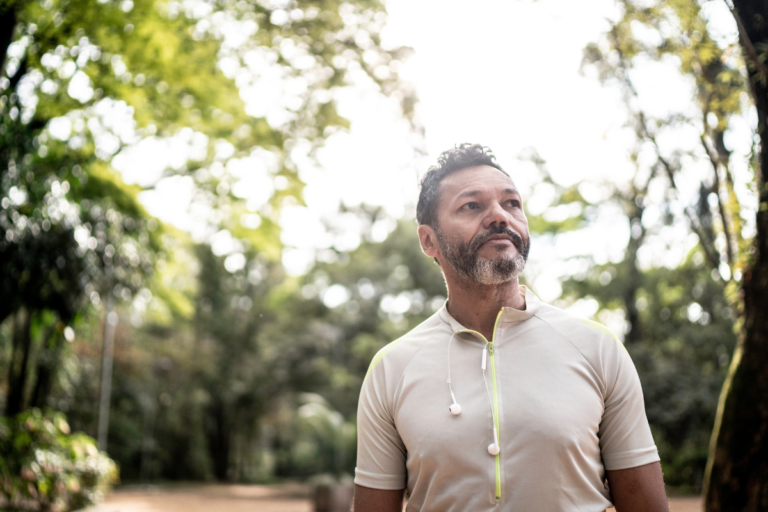Competition in communication has convinced society that the world is divided into “right” and “wrong,” “winners” and “losers.”
After a political debate, the first question someone asks the next morning is always, “Who won?” But if we go back in time to the ancient Greeks, discourse had nothing to do with winning. A debate over opposing issues was a vehicle for pursuing truth. Exposing the weakness in another’s argument was to strengthen and refine it, not dismiss it. Debates were known to last for days, even weeks, to give each person time to obtain perspective and explore divisive issues.
Today, the tendency is to do just the opposite. Rather than allowing disagreement to open you up to learning from another’s perspective, you shut it down. Instead of refining your own understanding, you treat it as a threat. We run to social media like it’s our own personal megaphone to voice just how much we disagree.
Be honest. How many times has a social media post disparaging your point of view ever changed your mind? And how many times has something you posted that criticized someone else’s opinion ever changed theirs? Never. The world turns, the news cycle moves on, and the next day, no one cares. So, what then? What did you prove?
The fastest way to lose your peace of mind is to give someone a piece of yours. Beating out someone in an argument may feed your ego, but it’ll still leave you hungry. Rarely, if ever, does winning in communication lead to better things in your life. That’s why I care enough about you to tell you the truth:
Never win an argument.
Whether it’s an argument, a heated discussion, or slight friction in conversation, your goal isn’t to “win.” It’s to unravel. Start at the loose ends until you understand the heart of the matter. There you’ll find the knot.
Untying crossed wires takes time, takes emotion, takes effort. That’s what conflict in communication represents: a struggle. An argument is a window into another person’s struggle.
In every difficult conversation, there’s a moment when someone—whether it’s you or the other person—hits a snag. Maybe you don’t understand what they’re trying to say. Maybe you’re in a bad mood. Maybe you disagree. It’s not the clash of opinions; it’s the clash of worlds, of the very way you see things. Behind every harsh and uncut word, there’s a backstory, a why. And if you can find the discipline to get to that, if you can peel back the layers of the argument to discern the struggle, the fear, or the hope hiding underneath, that’s where real communication begins.
Because at the end of the day, it’s not about the argument. It’s about seeing through the keyhole into another person’s world and realizing that maybe, the win you thought you wanted isn’t what you needed after all.
The challenge to accept
Most people understand that success comes from seeing failure not as a setback, but as a steppingstone. Embracing failure is part of the process. You learn from your mistakes to grow stronger. Failures to communicate, as in disagreements and arguments, do the same thing. They lead to success because they reveal areas of improvement, offering insights into how you can enrich your interactions. When done right, conflict isn’t a fight. It’s a catalyst for real, meaningful connection, if you’re willing to see it.
What life experiences have shaped how you see conflict?
When you were a kid, defiantly shouting “No!” or bombarding adults with “Why?” was your way of figuring things out. As a teenager, those simple childhood reactions turned into more complicated questions about finding your place and your identity apart from your family.
Stepping into adulthood, disagreements became less about asserting individuality and more about coexisting with other people. Your responsibilities grow as you have to think collectively, now responsible for people other than yourself. You take interest in broader issues like politics, news, and global affairs.
Despite your age, things may feel even more uncertain. When that happens, you tend to fall back to what you know—your lived experiences and the behaviors modeled for you growing up.
Ask yourself: How did watching arguments in my childhood influence the way I argue now?

If yelling and aggression were the go-to method for conflict in your home growing up, you might find yourself thinking that’s just how things are done, even if you know it’s not the best way to get your point across. On the flip side, if you came from a place where everyone tiptoed around disagreements to save face or avoided conversations out of fear of what the neighbors might think, diving headfirst into arguments might make you feel uncomfortable.
Looking back, maybe you’re not thrilled with how conflict was handled around you. Maybe you have bad memories of seeing arguments bring out the worst in the people you loved. Maybe you’ve caught yourself echoing their words or mirroring their actions—even in the little things, like how you move your hands or the tone of your voice. You’ve gotten to a point in your life where you’re beginning to realize that what you observed wasn’t that healthy. And you can’t help but wonder, would things have gone easier for you in your own life if you’d seen better ways to deal with conflict?
If that’s you, then I’m asking you to take on the challenge and break the cycle.
Stop seeing arguments as something to win but as an opportunity to understand the person behind the words. Stop hearing only what’s said and start hearing what’s felt.
Build the discipline to connect to the person in front of you.
Embrace the failures to communicate and learn from them. Reach success by using each misstep as a steppingstone, and make room for more positive and real in your life.
This is an edited extract of The Next Conversation by Jefferson Fisher (Penguin Random House, RRP $36.99).
We help individuals, couples, families, and workplaces manage conflict and have more open, respectful conversations. You can explore our counselling and mediation services, as well as our Accidental Mediator training program for work.
Related Services & Workshops

Accidental Mediator
Accidental Mediator is a training workshop that gives your team the skills and confidence to effectively resolve conflict, tensions and misunderstandings in the workplace.

Mediation.Individuals.Divorce + Separation
Family Dispute Resolution and Mediation
Going through separation or divorce is often emotional and difficult, and it’s normal to feel overwhelmed. To help you through, we offer affordable Family Dispute Resolution services, also known as family mediation, throughout NSW.

Mediation.Families.Older People
Let’s Talk Elder Support and Mediation
Let’s Talk helps older people and their families address age-related issues and disagreements, and make decisions that protect the rights and safety of everyone involved.







